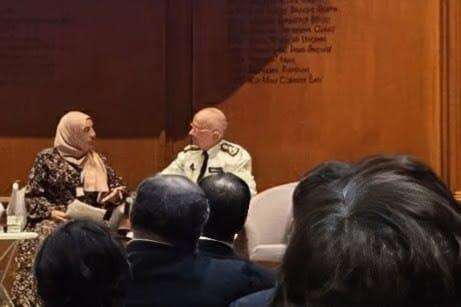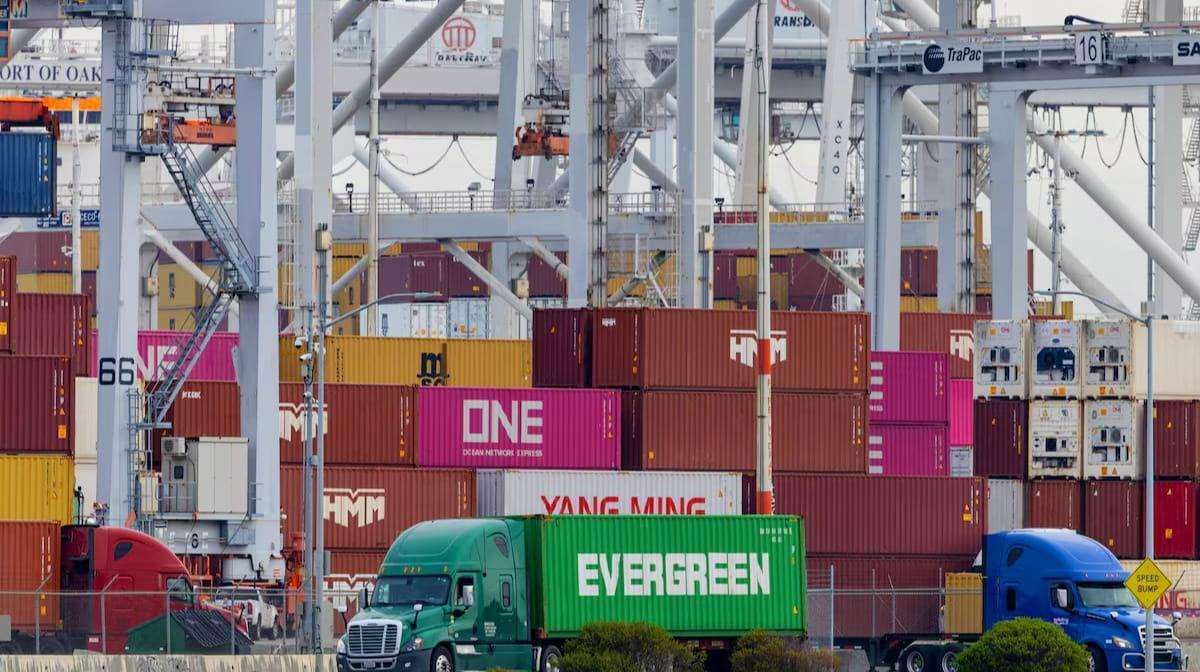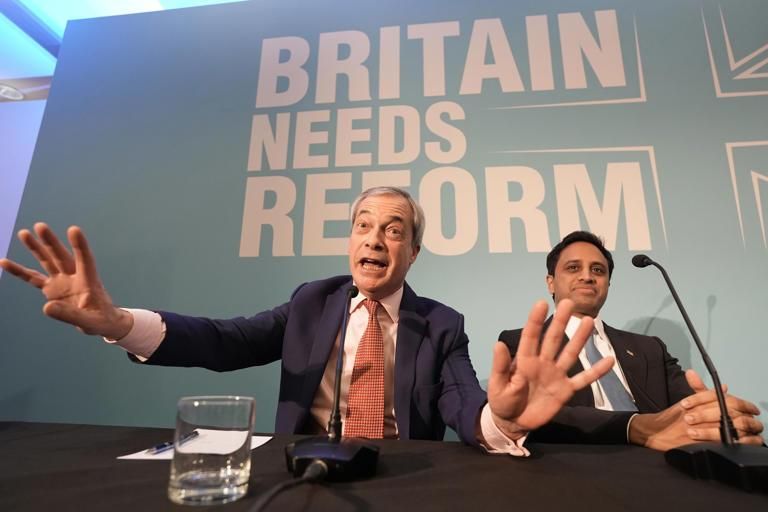When Elon Musk had his moment of realization in January and publicly backed Rupert Lowe as Nigel Farage’s successor to lead Reform UK, I received a message almost instantly.
"That’s the end of Rupert. Nigel won’t stand for that," remarked a former Farage ally.
Now, two months later, Lowe—MP for Great Yarmouth and former chairman of Southampton football club—has been suspended from the party. He faces serious allegations of bullying female staff and allegedly making violent threats against the party’s chair. Reform UK has even referred the case to the police.
His removal came shortly after 48 hours of making headlines criticizing Farage’s leadership and highlighting dysfunction within the party.
In response, several senior ex-Reform figures who were pushed out in recent months—including former deputy leader Ben Habib and ex-London mayoral candidate Howard Cox—have suggested that Lowe was set up.
While investigations will determine the truth behind the allegations, this controversy has exposed an ongoing issue within Reform that has been simmering for months.
Reform dysfunction
According to The Independent, a senior national campaign organizer, who had been recruited from the Conservative Party, resigned late last month due to frustrations with how Reform UK is being managed.
They suggest that while Reform's surge in the polls has given the impression of success, internal conflicts driven by clashing egos have been brewing beneath the surface.
Notably, these tensions have started gaining attention in the U.S. Elon Musk is no longer the only one questioning whether Nigel Farage can truly lead a Trump-style right-wing electoral revolution in the UK. Many had begun to take notice of Rupert Lowe’s posts on X and his increasingly hardline stances on migration and law and order in Parliament. Adding to this, Farage did not receive a particularly warm reception from Donald Trump and his inner circle during the inauguration.
Beyond Farage, another central figure drawing criticism is party chairman Zia Yusuf, who is increasingly viewed as Reform's de facto leader.
On Saturday morning, after the allegations against him became public, Lowe pointed to communication failures as the root of the party’s dysfunction.
"I've run businesses all my life—some successful, some not. The key to the successful ones? Clear, honest communication," he said.
"Does requesting regular MP meetings make me a monster? Is it unreasonable to ask to review policy before it’s made public? Is it fair to be insulted simply for wanting people to talk to each other?
"I've spent months trying to foster dialogue—again and again—behind closed doors. But there's only so many times you can bang your head against a brick wall."
The Nigel Farage problem
Nigel Farage is undeniably one of the most successful and charismatic politicians of the 21st century in the UK. However, his greatest weakness has been his repeated struggles to collaborate effectively within a team—especially when that team forces him to share the spotlight or deal with potential challengers.
As one insider put it: “It’s Nigel’s way or the highway.”
Rupert Lowe is far from the only figure to feel sidelined, unheard, or excluded.
Some, like Ben Habib and Howard Cox, have openly voiced their frustration and criticism, ultimately leaving the party. Others have remained quieter but are now assisting the Conservatives in assembling an anti-Reform unit, backed by Tory veteran Sir Bill Cash.
Meanwhile, the turmoil has led former Conservative MPs—who had been considering following Andrea Jenkyns and Marco Longhi in defecting—to reconsider their decisions.
Lowe’s treatment is also giving several potential defectors second thoughts about joining Reform. As Tory peer Lord Hayward noted, this is the “peak time for defections” with councillors potentially looking to switch parties ahead of the local elections.
At the same time, current Reform candidates have privately expressed frustration, feeling isolated and undervalued, with little party support—even in constituencies where they have a strong chance of winning. Once again, poor communication appears to be at the heart of the problem.








.svg)


